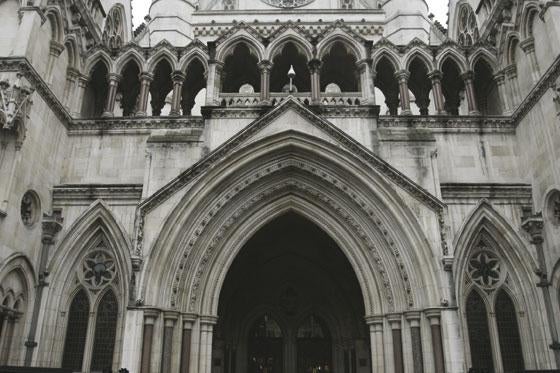
The new identity of killer Jon Venables must be kept secret because of the “compelling evidence” of a threat to his safety, a judge said today.
“Unpopular” defendants had as much right to protection from retribution as anyone else, said Mr Justice Bean.
Venables, one of the killers of two-year-old James Bulger, was jailed for two years last week after admitting child pornography offences.
After he was sentenced last Friday, some media organisations argued against a continuation of the court order banning his identification.
But Old Bailey heard that he was still receiving death threats over his and Robert Thompson’s murder of Bulger in 1993.
Both were jailed for life the following year. They were released on licence in 2001, when they were given new names and wide-ranging legal restrictions were put in place to prevent anyone unmasking them.
Mr Justice Bean decided last week to continue the restrictions – although he allowed the media to report that Venables had been living in Cheshire prior to being called back into custody for the new crimes.
Giving his reasons today, the judge said: “There is understandable and legitimate public interest in the fact that one of James Bulger’s killers has now been convicted of child pornography offences.
“But there is no legitimate public interest in knowing his appearance, his location in custody or the exact location at which he was arrested and to which he might return on the event of being released.
“If there is, it is of marginal significance when set against the compelling evidence of a clear and present danger to his physical safety and indeed his life if these facts are made public.”
He added: “It is a fundamental duty of the state to ensure that suspects, defendants and prisoners are protected from violence and not subjected to retribution or punishment except in accordance with the sentence of a court.
“That principle applies just as much too unpopular defendants as to anyone else.”
Venables, now 27, was recalled to custody in February after pornography featuring children as young as two was found on his computer.
He told officers he had enjoyed the images of abuse and said he was “breaking the last taboo”.
The court heard that he even adopted an online alter ego as a married mother offering to sell her eight-year-old daughter to a paedophile.
The judge said “one would have thought” that, 17 years after the crime, “the threat from members of the public would have diminished” but added: “There is clear evidence that it has not.”
He cited the case of a man mistaken for Venables five years ago who had been forced with his family to move on a number of occasions and given a police panic button after threats against him and an internet campaign.
There were also websites calling for vigilante action against Venables and a national newspaper report that “Merseyside crime lords” had offered a reward of £100,000 to anyone who killed him in prison, said the judge.
“I have no way of knowing if this is true, but it would be at least consistent with the earlier evidence,” he added.
The judge said that if Venables were to have been tried and convicted by a jury for the new offences under his new name it would “inevitably” have become a matter of public record and he “would have brought that on himself”.
“But now that he has been convicted on his own pleas of guilty entered in the name of Venables, there is no reason why his new name should be made public. The effect of doing so would simply be to assist those seeking to track him down.
“The fact of public interest is that the man formerly known as Jon Venables has been convicted. His new name is entirely immaterial.”
The judge said he would have reached the same decision whether the case had been argued under European human rights legislation or “domestic law”.
Email pged@pressgazette.co.uk to point out mistakes, provide story tips or send in a letter for publication on our "Letters Page" blog
